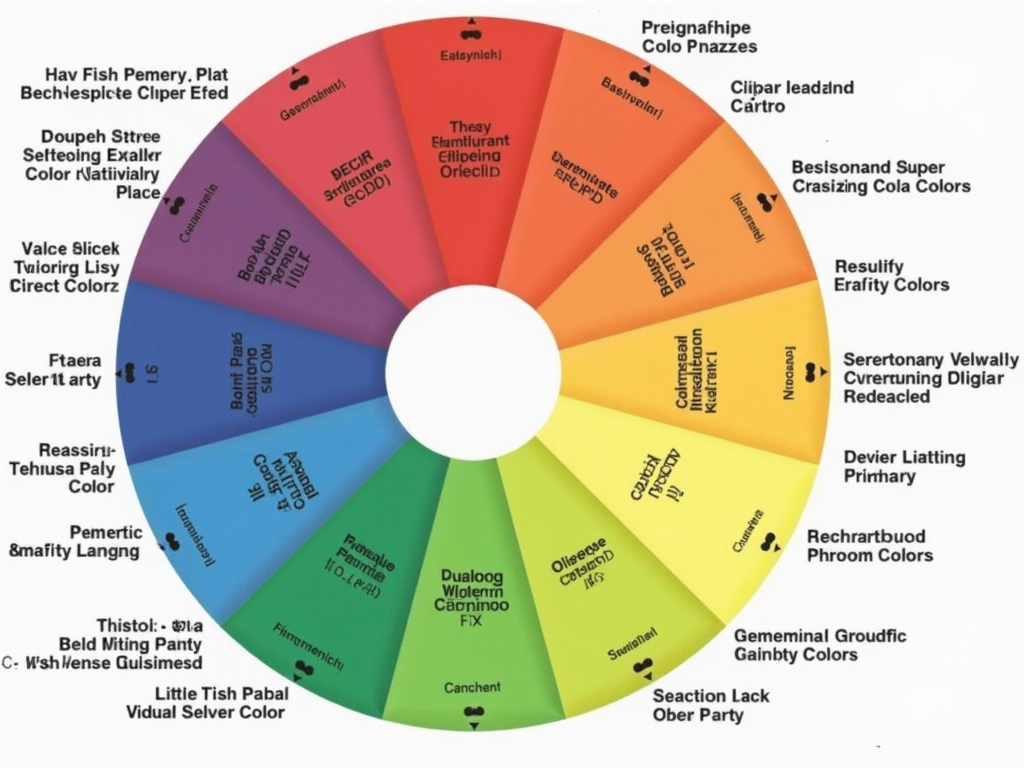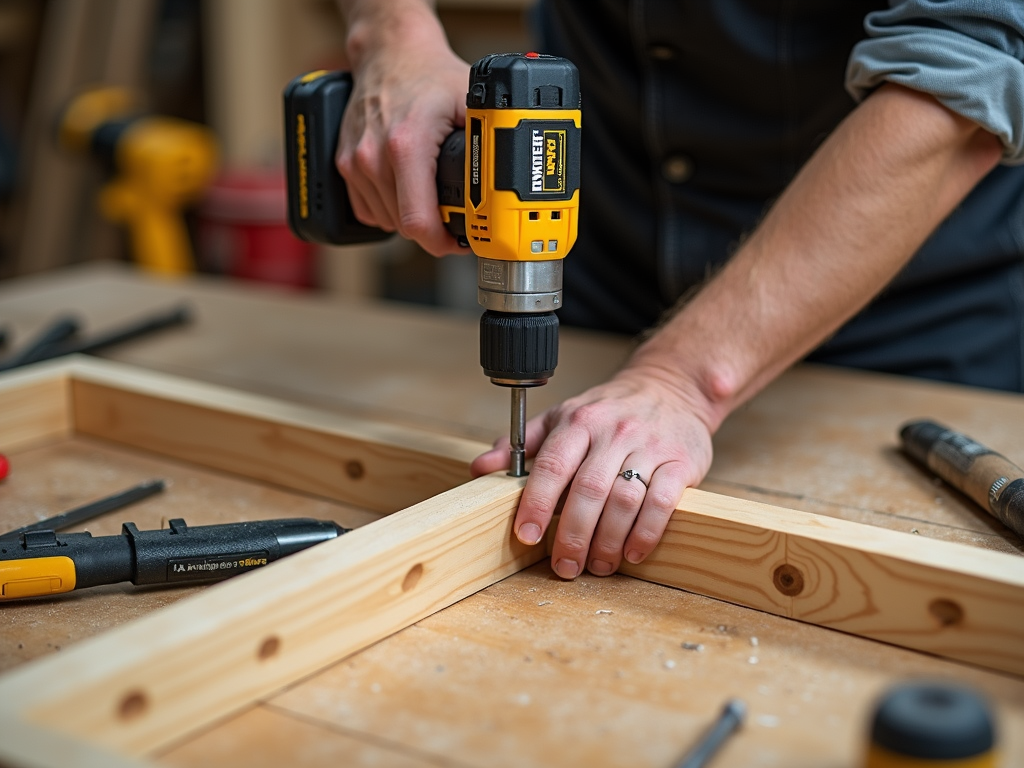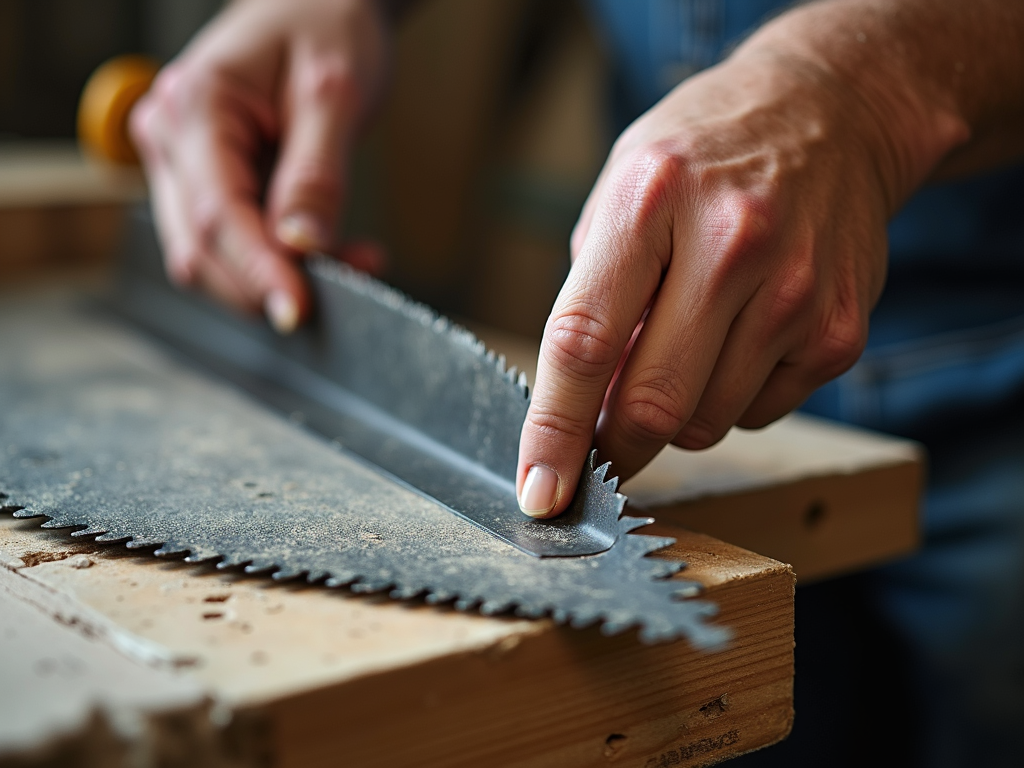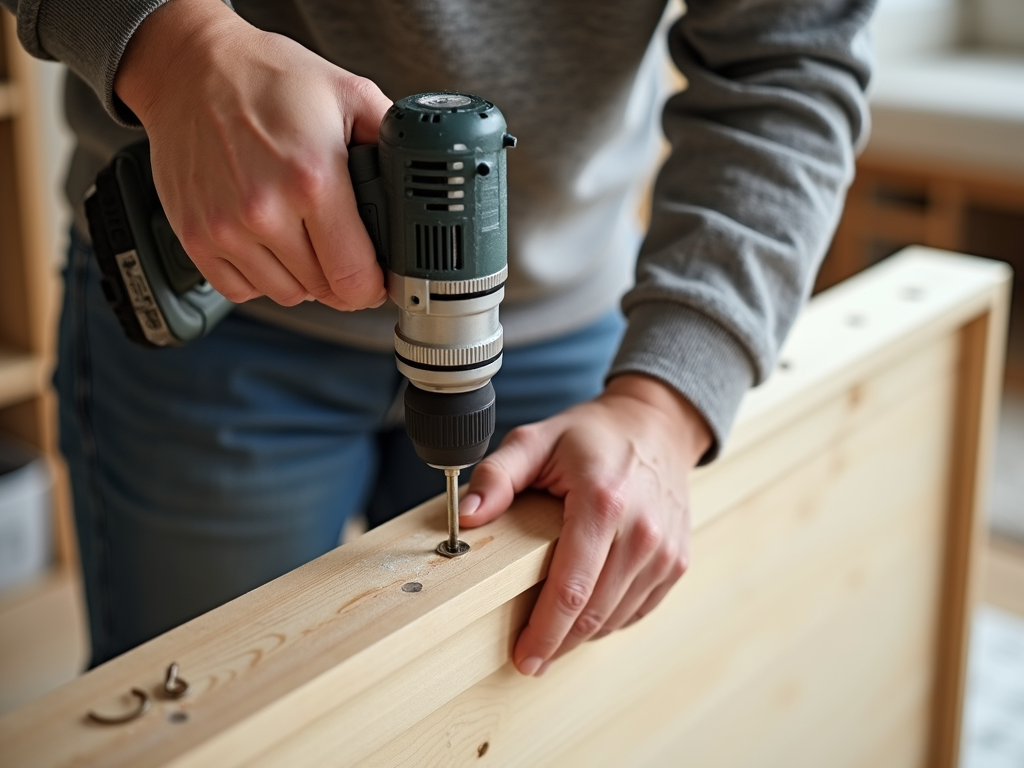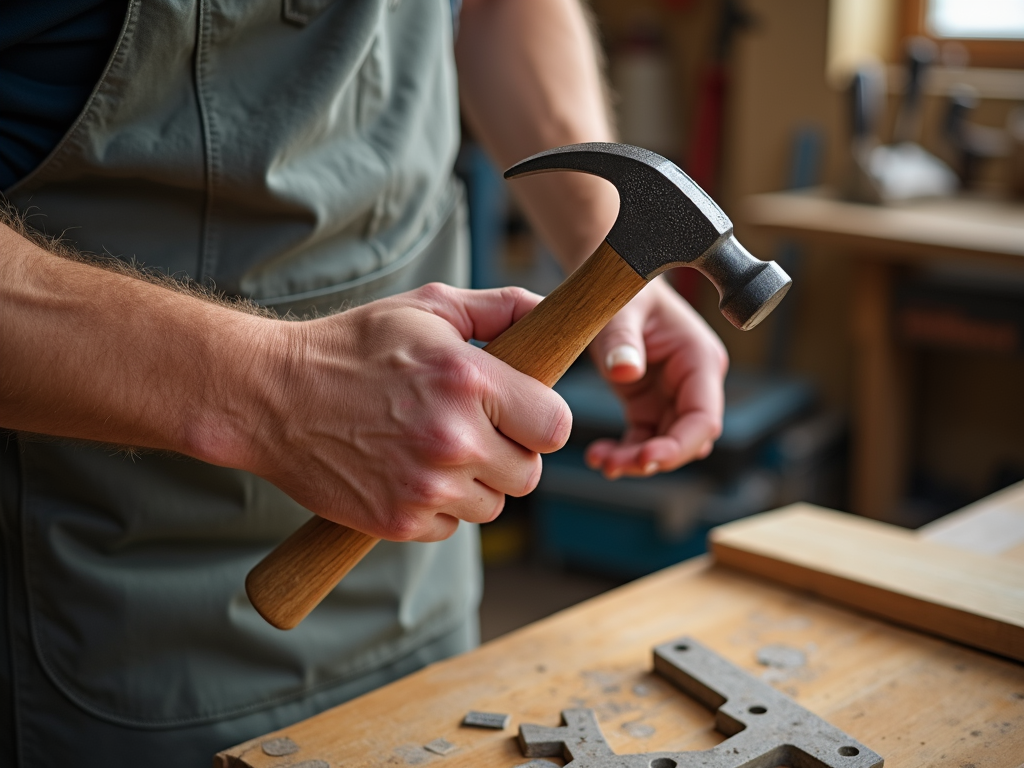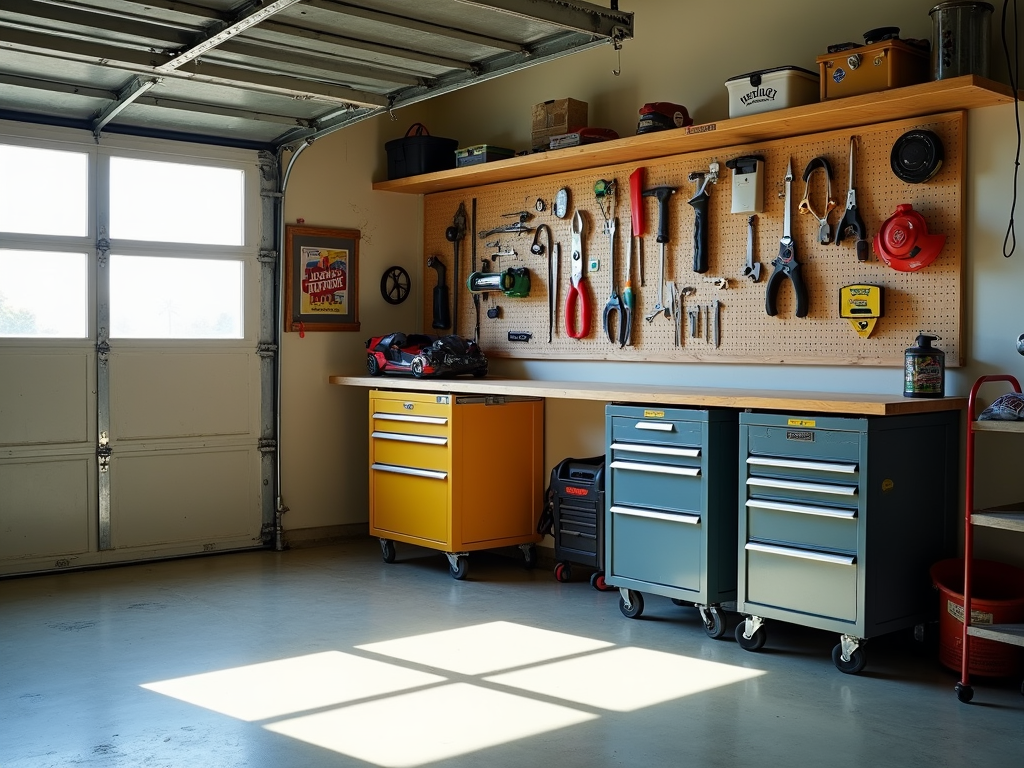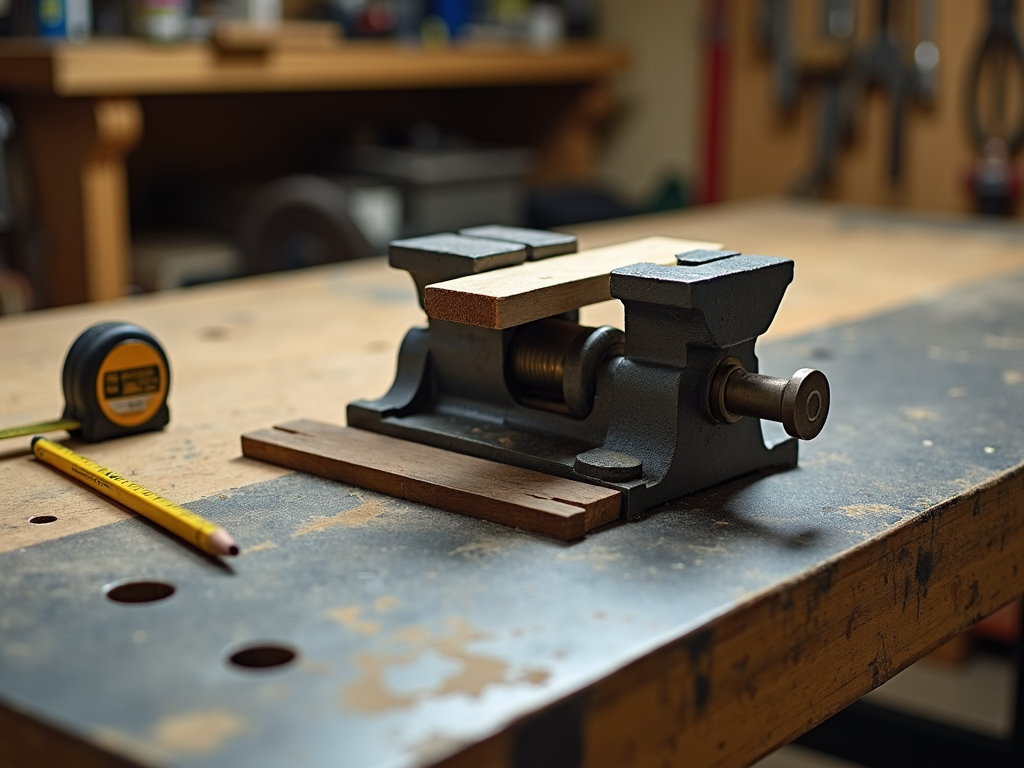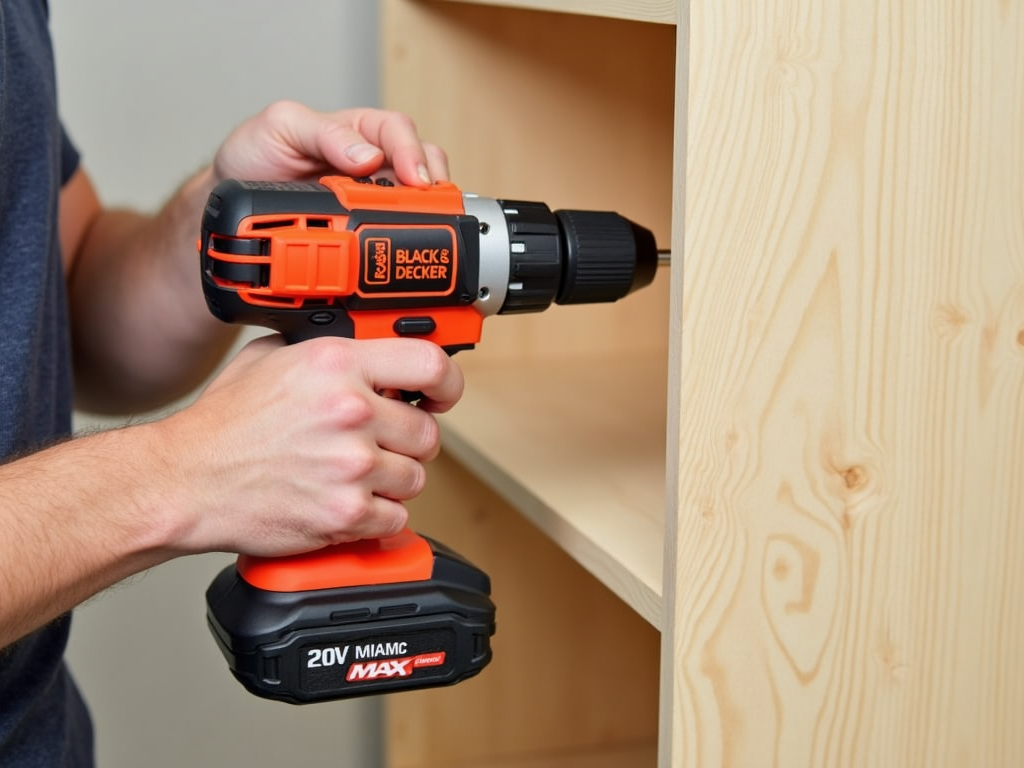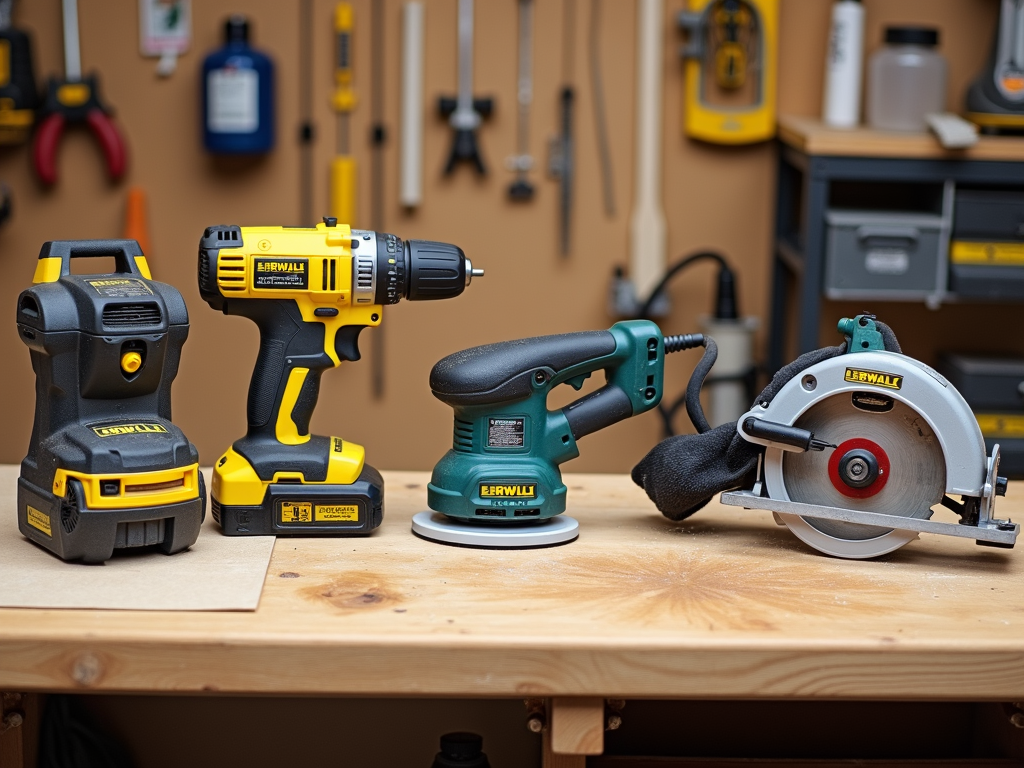Whether you're a seasoned mechanic or a DIY enthusiast, having the right tool set for automotive repairs is crucial. A well-equipped tool set can make the difference between a quick fix and a frustrating ordeal. In this guide, we'll explore everything you need to know about tool sets for automotive repairs, including the essential tools, quality considerations, and how to choose the right set for your needs.
Overview
Tool sets for automotive repairs come in various shapes and sizes, catering to different levels of expertise and types of repairs. From basic sets for beginners to comprehensive kits for professionals, there's a tool set out there for everyone. In this article, we'll delve into the world of tool sets, providing you with the knowledge to make an informed decision and ensuring your next automotive repair is a success.
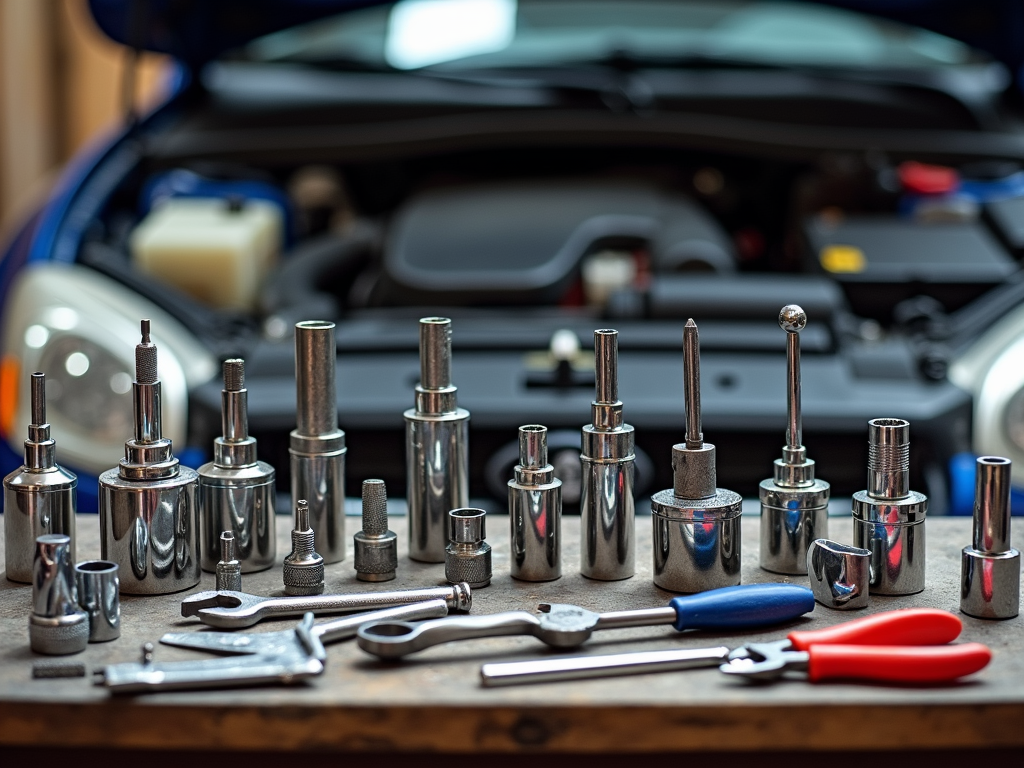
Types of Tool Sets for Automotive Repairs
Basic Tool Sets
Basic tool sets are perfect for beginners or those who only need to perform simple repairs. These sets typically include:
- Wrenches: For tightening and loosening nuts and bolts.
- Sockets: Essential for working with fasteners in tight spaces.
- Screwdrivers: For screws of various sizes and types.
- Pliers: Useful for gripping and manipulating small objects.
These sets are compact and affordable, making them an excellent starting point for anyone new to automotive repairs.
Comprehensive Tool Sets
For more advanced repairs, a comprehensive tool set is necessary. These sets include a wider range of tools, such as:
- Ratchet Sets: For faster and more efficient tightening and loosening.
- Torque Wrenches: Essential for applying precise torque to fasteners.
- Diagnostic Tools: For identifying and troubleshooting issues.
- Specialty Tools: Such as oil filter wrenches and brake caliper tools.
Comprehensive sets are ideal for professional mechanics or serious DIYers who tackle a variety of repairs.
Specialized Tool Sets
Some repairs require specialized tools. For example:
- Engine Repair Kits: Include tools for timing belt replacement, valve adjustment, and more.
- Electrical Repair Kits: Feature tools for working with wiring and electrical components.
- Body Repair Kits: Contain tools for dent removal, painting, and other bodywork.
These sets are designed for specific tasks and are a must-have for anyone focusing on particular types of repairs.
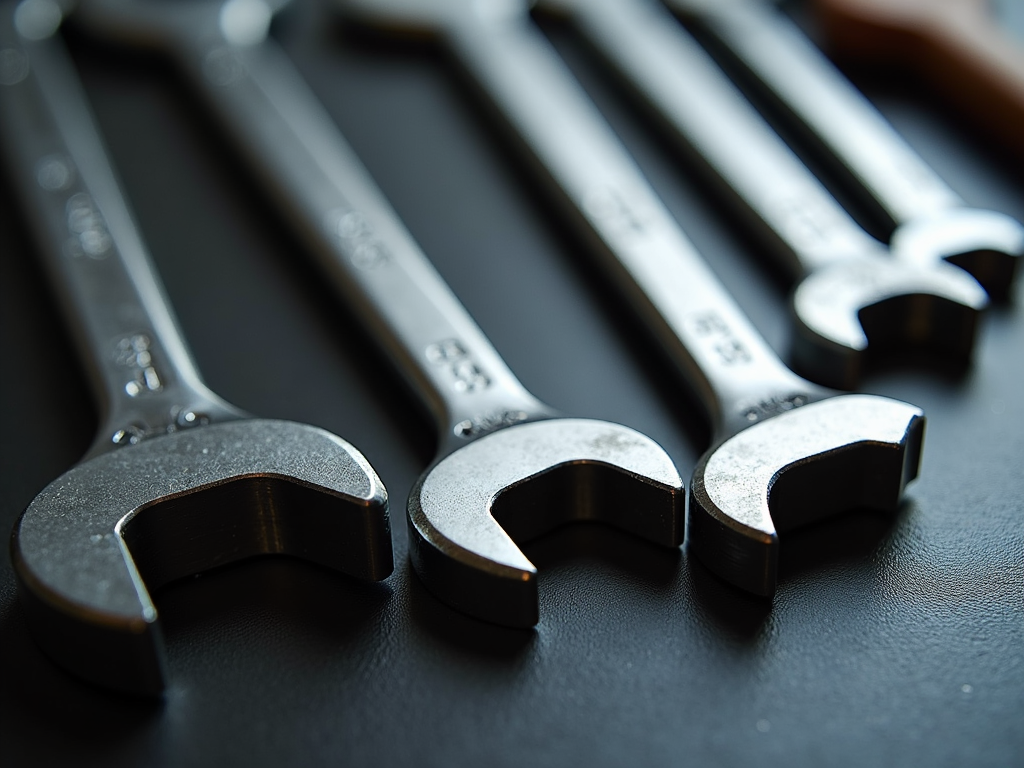
Quality Considerations
When it comes to tool sets for automotive repairs, quality is paramount. High-quality tools not only perform better but also last longer, saving you money in the long run. Here are some factors to consider:
- Material: Look for tools made from durable materials like chrome vanadium steel, which offers excellent strength and resistance to wear.
- Brand Reputation: Established brands with a history of producing reliable tools are often a safe bet.
- Warranty: A good warranty can provide peace of mind and protect your investment.
Investing in quality tools ensures that you can tackle any repair with confidence and precision.
Cost Factors
Tool sets for automotive repairs can range from budget-friendly options to high-end professional kits. While it's tempting to go for the cheapest option, it's important to balance cost with quality and functionality. Here are some tips:
- Set a Budget: Determine how much you're willing to spend and look for sets within that range.
- Prioritize Essentials: Focus on getting the most important tools first and expand your set as needed.
- Look for Deals: Keep an eye out for sales and discounts to get the best value for your money.
By being strategic with your purchases, you can build a high-quality tool set without breaking the bank.
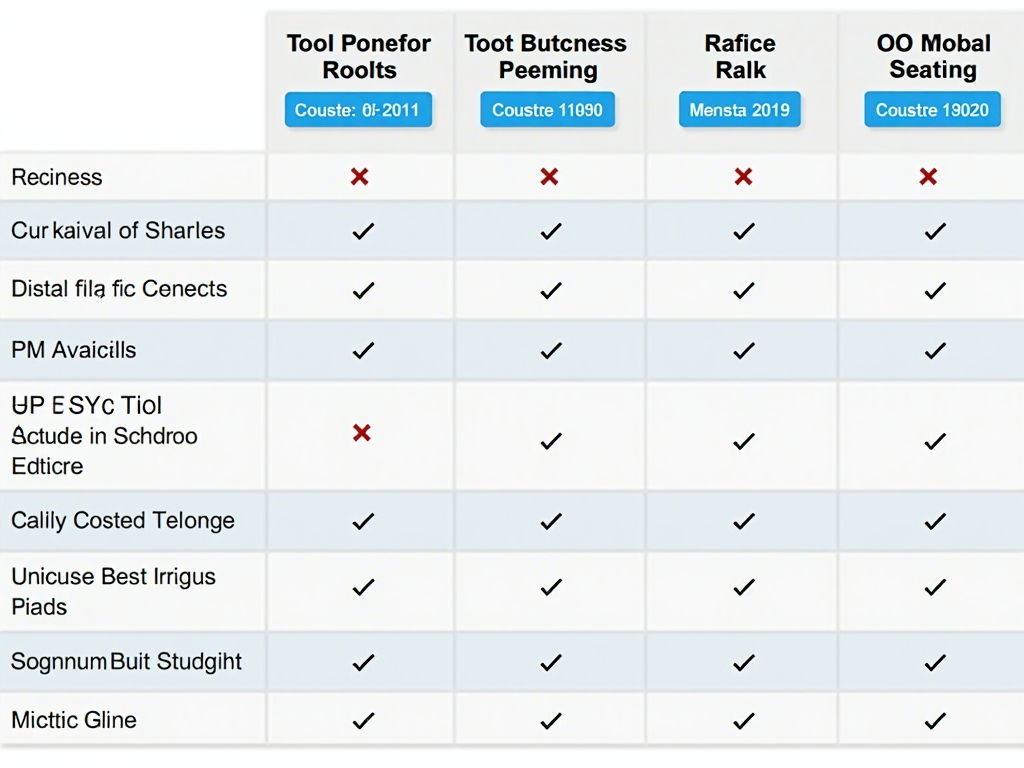
How to Choose the Right Tool Set
Choosing the right tool set for automotive repairs depends on several factors, including your skill level, the types of repairs you plan to undertake, and your budget. Here are some steps to guide you:
- Assess Your Needs: Determine what types of repairs you'll be doing and what tools are essential for those tasks.
- Research Options: Look for tool sets that include the tools you need and compare their features, quality, and price.
- Read Reviews: Check user reviews and ratings to get an idea of the tool set's performance and reliability.
- Consider Expandability: If you plan to expand your tool collection in the future, look for sets that allow for easy additions.
By following these steps, you can find a tool set that meets your needs and helps you achieve professional results.
Summary
In conclusion, having the right tool set for automotive repairs is essential for anyone working on cars, whether as a hobby or profession. By understanding the different types of tool sets, considering quality and cost factors, and following a strategic approach to choosing the right set, you can ensure that you're well-equipped for any repair job. Remember, investing in quality tools is an investment in your success and safety.
For more information on tool sets and automotive repairs, check out the following resources:
- Choosing the Right Wrench for the Job
- The Importance of Torque in Automotive Repairs
- DIY Car Maintenance Tips
These articles provide further insights and tips to help you become a more confident and capable mechanic.
Related tool sets for automotive repairs:
- Safety Gear Essentials for Every Workman
- How to Choose the Best Paint Color for Your Room
- Workshop Organization Made Simple
- The Ultimate Guide to Advanced Workman Tools for Professionals
- Construction Safety Basics: Essential Tips for Workers
- Mastering Advanced Brush Techniques: A Guide for Artists
- Choosing the Right Power Tools for Your Projects
- Understanding Hammer Dynamics and Ergonomics: A Comprehensive Guide
- Tool Organization 101: Essential Tips for Painters and DIY Enthusiasts
- How to Maintain Your Workbench: A Comprehensive Guide for Professionals and Hobbyists
- The Impact of Black & Decker on the DIY Movement
- Power Tools for Beginners: A Comprehensive Guide

